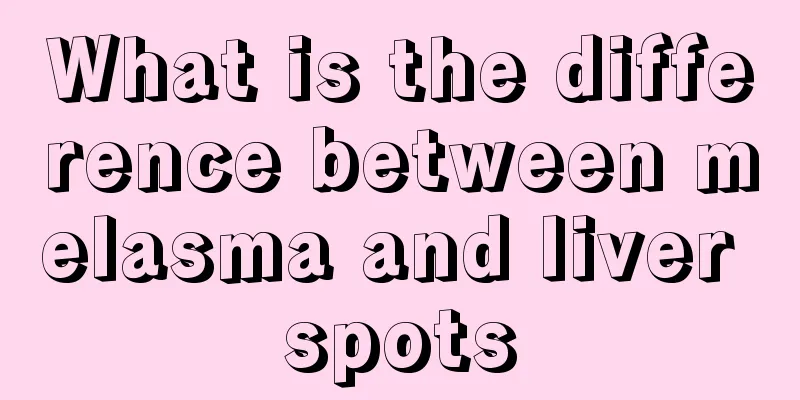What are the treatments for ureteral tumors

|
Ureteral tumor is a type of tumor that occurs at any stage of the ureter and is also a primary ureteral tumor. This type of tumor is relatively rare in clinical practice and is common in metastatic epithelial carcinoma. The treatment of ureteral tumors is generally based on surgical treatment, and the prognosis of surgical treatment is also very important. 1. Treatment principles (1) In principle, ureteral cancer involves complete resection of the kidney and ureter, including a 2-cm diameter bladder wall including the ureteral orifice. (2) When ureteral cancer infiltrates surrounding tissues, radiotherapy can be performed to shrink the lesions, and surgical resection can be performed if resectable. (3) Ureteral polyps should undergo partial ureterectomy at the pedicle and ureteral anastomosis. 2. Surgery (1) The vast majority of ureteral tumors are malignant. Even benign papilloma has a high chance of becoming malignant. Therefore, for cases where the contralateral kidney has good function, radical surgical resection is generally recommended. The resection range includes the contralateral kidney, the entire length of the ureter, and a small part of the bladder wall around the ureteral opening, with particular emphasis on the resection of the bladder wall at the ureteral opening. (2) Conservative surgical treatment 1) Absolute indications for conservative surgery: ① accompanied by renal failure; ② solitary kidney; ③ bilateral ureteral tumors. 2) Relative indications for conservative surgery: ① The tumor is very small and has no peripheral infiltration; ② The tumor has a narrow pedicle or a very small base; ③ Older patients; ④ Patients confirmed to have benign ureteral tumors. (3) Treatment of bilateral ureteral tumors 1) If the tumor is in the lower third of the ureter on both sides, a one-time surgical approach can be used to remove the bilateral lesions and perform ureteral and bladder reimplantation. 2) For bilateral upper third ureteral tumors, bilateral ureterectomy, bilateral calyceal anastomosis or bilateral autologous kidney transplantation are performed. 3) If the tumor is in the upper ureter on one side and in the lower ureter on the other side, depending on the severity of the disease, the more serious side can be cured, or the kidney, ureter and part of the bladder on the upper side can be removed, and the other side can undergo intestinal ureteral replacement or autologous kidney transplantation. 3. Laser treatment Laser treatment of tumors under ureteroscopy requires high technical skills and its value remains to be evaluated. 4. Chemotherapy and radiotherapy Advanced ureteral tumors can be treated with radiotherapy, but if the effect is unsatisfactory, chemotherapy can be considered. (Note: ADM-doxorubicin, 5-FU-fluorouracil, DDP-cisplatin, CTX-cyclophosphamide, MTX-methotrexate, VLB-vinblastine, CBP-carboplatin, PTX-paclitaxel, GEM-gemcitabine) 5. Prognosis The 5-year survival rate of well-differentiated grade I and II cancers is 56% to 67%, while that of poorly differentiated ones is about 16%; the 5-year survival rate of non-invasive ones is about 60%, while that of invasive ones is about 25%; the survival rate of those with metastasis is less than 3 years. |
<<: What is diphtheria, an acute respiratory infectious disease
>>: How to treat rheumatic heart disease, surgical treatment is effective
Recommend
Let's briefly analyze the causes of kidney cancer
In life, many people will suffer from kidney canc...
What causes blisters under fingernails?
The appearance of small blisters under the finger...
Burning sensation of chili pepper fingers
Chili is an indispensable condiment in daily life...
How many shots are needed for the 2-valent, 4-valent, and 9-valent cervical cancer vaccines
Whether it is bivalent, quadrivalent or nonavalen...
The harm of baby taking a nap for too long
Napping is a very good habit and is very good for...
What are the harmful manifestations of rectal cancer
What are the harmful manifestations of rectal can...
How long can one live if he can still eat in the late stage of esophageal cancer
Patients with advanced esophageal cancer can prol...
Symptoms of prostate cancer before death
Symptoms of prostate cancer before death include:...
The malignancy of adenoid cystic carcinoma of the breast among cancers
Adenoid cystic carcinoma is a rare type of breast...
Which hospital is good for treating bile duct cancer
Cancer is a terrifying disease. As we all know, c...
Successful experience of losing 5 catties in one week
Many people are becoming fatter and fatter due to...
How long can one live if lung cancer turns into advanced brain cancer
Brain metastasis has the shortest survival time b...
What are the effects of Sophora flavescens ointment
The main effects of Sophora flavescens ointment a...
How to check gastric stromal tumor? There are three treatments
Gastrointestinal stromal tumors are not cancer bu...









